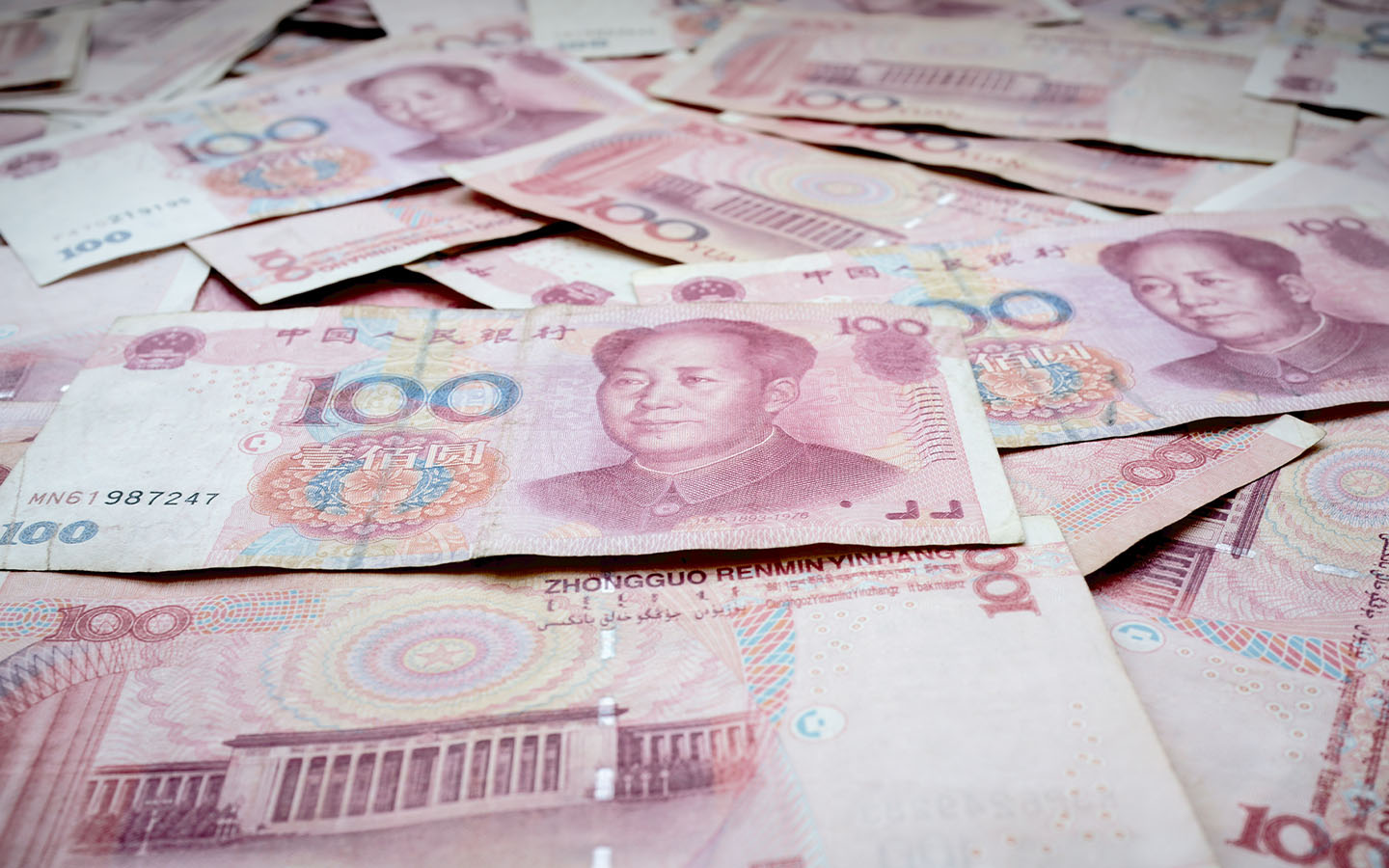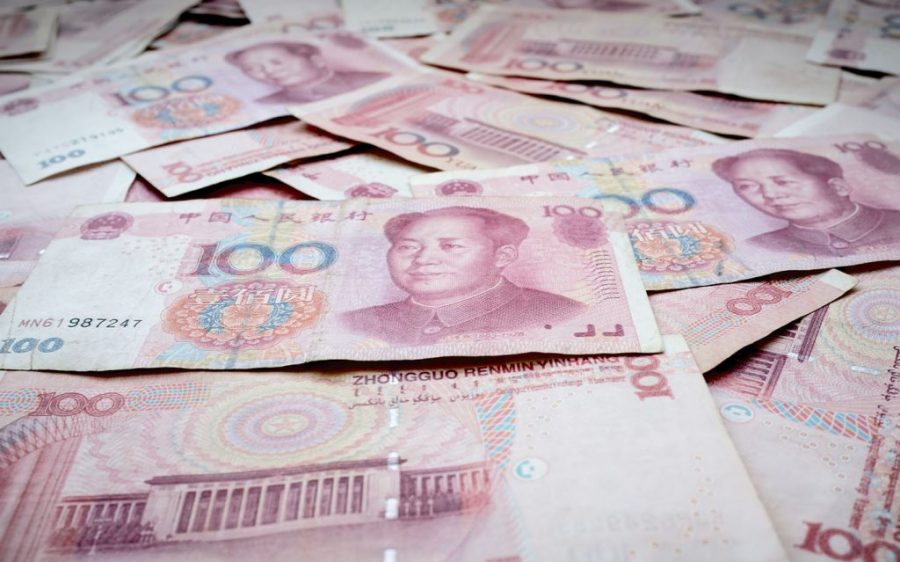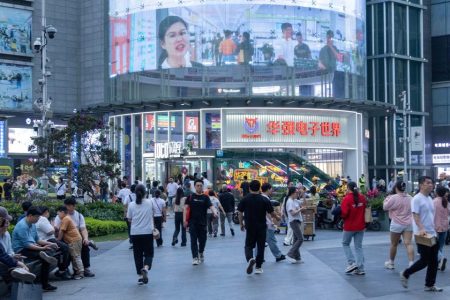While the government has announced that harsher punishments for illegal money exchanges are coming to Macao, the move shouldn’t deter punters or negatively impact gross gaming revenue (GGR), TDM reports – citing comments from JP Morgan analysts. The investment bank’s statement came after gaming operators’ share prices tumbled in response to official word that further amendments were being added to the SAR’s gaming crimes law.
According to TDM, the analysts noted that gaming authorities had already been cracking down on illegal currency exchanges over the past two months. They implied that this month’s situation was unlikely to be any different on the ground.
JP Morgan estimated that August’s GGR would reach between 19 billion and 19.5 billion patacas, up from 18.6 billion patacas in July (though short of May’s post-pandemic record of 20.2 billion patacas). The bank added that its prediction “could turn out to be a tad conservative if the current weekly run-rates sustain towards the month end.”
[See more: Macao’s gaming industry can expect ‘stable’ growth at best, report says]
Nevertheless, the government’s announcement has had an effect on gaming operators’ stock prices: an aggregate decline of 3.4 percent, Bloomberg Intelligence reported. Hong Kong-listed Galaxy Entertainment Group’s fell by 5.7 percent, while Sands China shares lost 5.2 percent.
Bloomberg noted that more than 10,000 individuals operating illegal money exchanges were detained in Macao last year, indicating strong demand for their services. It said their activities were often linked to crimes including money laundering, fraud, human trafficking, kidnapping and robbery. The practice can also facilitate capital flight.
Mainland Chinese authorities have been cracking down on capital flight in recent months, spurred by the country’s economic slowdown.
[See more: A new illegal gambling law will impose harsher penalties]
On Friday, lawmaker Chan Chak Mo told local media that a new provision was being added to a proposed Law to Combat Gambling Crimes. It would make unauthorised currency exchanges taking place on casino premises punishable by jail terms of up to five years, and guilty parties could be banned from the city’s casinos for up to 10 years. The provision also widened the definition of a casino’s premises to include ancillary facilities used for artistic, cultural, recreational, business or hotel-related activities.
The move would likely cause “near term share price weakness,” Citibank analysts have warned, but in terms of GGR, August’s numbers have been promising. The first 11 days of the month saw GRR surpass seven billion patacas (US$884 million), with average daily revenue sitting at 657 million patacas (US$81.8 million), according to JP Morgan. The firm said that daily revenues had been increasing as the month progressed.
Compared with pre-Covid levels, accumulated mass GGR is thought to have grown by 110 percent – beating 2019’s revenue.






